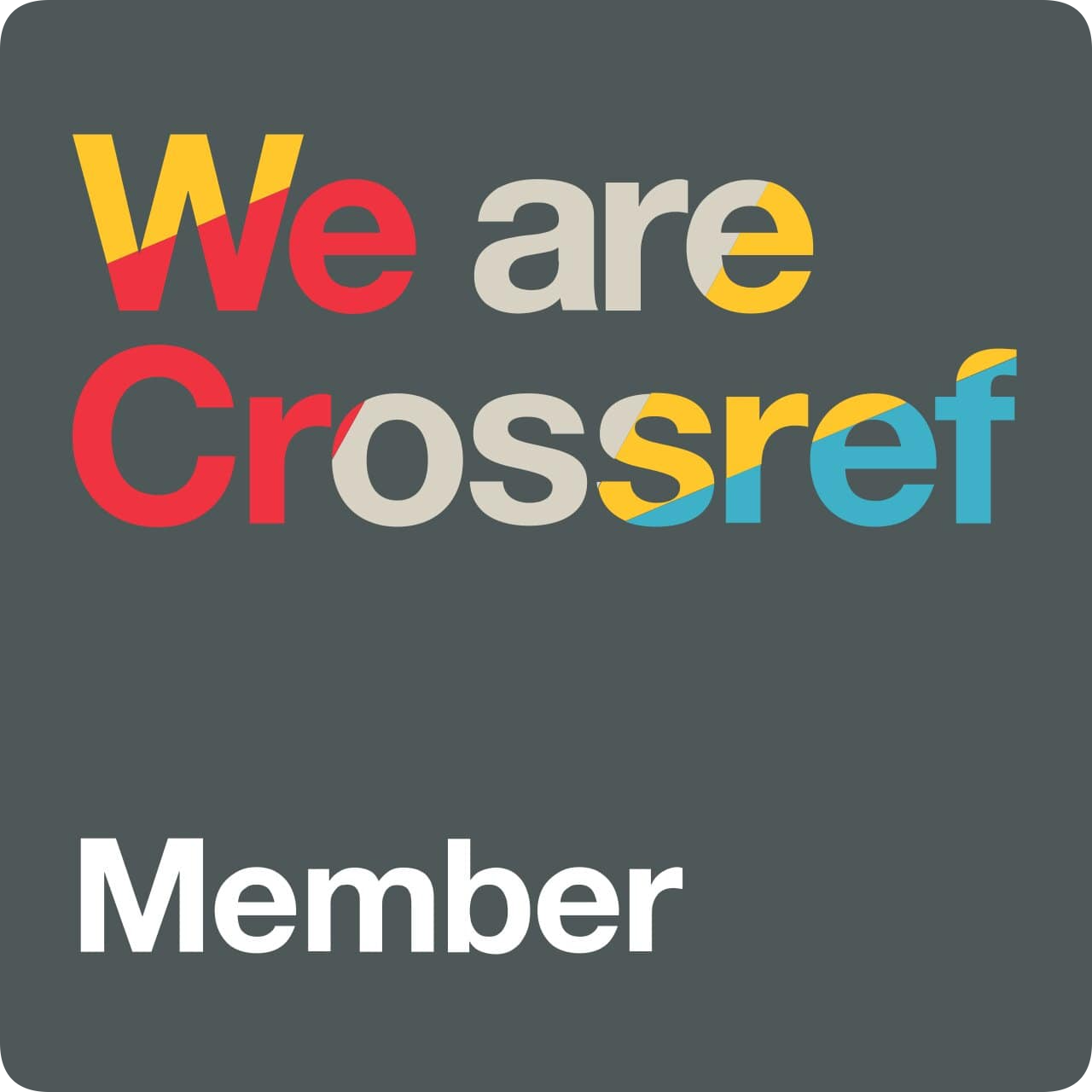Implementasi Pembelajaran Sejarah Dengan Nilai-Nilai Keislaman di MAN 1 Medan
 Abstract Views: 148
PDF Downloads: 137
Abstract Views: 148
PDF Downloads: 137
DOI:
https://doi.org/10.56211/toga.v1i2.678Keywords:
Integration; Islamic Values; History Learnin
Abstract
The results of the research show that the implementation of Islamic values in history learning at MAN I Medan includes: (1) The process of planning history learning with Islamic values at MAN I Medan, to integrate Islamic values into the subject history at MAN I Medan Teachers must design lesson plans and choose the right materials and methods so that the learning process runs effectively and efficiently Understanding Islamic values in history learning at MAN I Medan, to increase the students' understanding of Islamic values that are integrated in history learning. These values must be linked to Islamic values related to the events that occur in everyday life, (2) Implementation of history learning with Islamic values at MAN 1 Medan, teachers must consider several things before implementing history learning with Islamic values at MAN 1 Medan And how teachers can take the advantage of question and answer discussions with the students about Islamic values which are explained in the material of the subject, (3) Understanding Islamic values in history learning at MAN I Medan, to increase the students' understanding of Islamic values that are integrated in history learning. These values must be linked to Islamic values related to the events that occur in everyday life, (4) Obstacles and efforts which are made to integrate history learning with Islamic values at MAN I Medan. Lack of the teachers' understanding of Islamic values which are relevant to the historical material, lack of the appropriate learning resources and teaching materials, and lack of encouragement and desire of the students to learn.
Downloads
References
Al-Qur’an, S. (2014). Al-Qur’an Terjemah & Tajwid. Bandung: Sygma dan Syaamil Al-Qur’an.
Dewan, K., & Keempat, E. (2005). Kuala Lumpur: Dewan Bahasa dan Pustaka.
Haji, B. T. (2020). Pengertian Implementasi. LAPORAN AKHIR, 31.
Illahi, N. (2020). Peranan guru profesional dalam peningkatan prestasi siswa dan mutu pendidikan di era milenial. Jurnal Asy-Syukriyyah, 21(1), 1–20.
Kadi, T., & Awwaliyah, R. (2017). Inovasi pendidikan: Upaya penyelesaian problematika pendidikan di Indonesia. Jurnal Islam Nusantara, 1(2).
Moleong, L. J. (2019). Meleong.
Mulyasa, E. (2014). Pengembangan dan implementasi kurikulum 2013.
Nicolle, D. (2012). The great Islamic conquests AD 632–750. Bloomsbury Publishing.
Nurdin, M. (2014). Pendidikan antikorupsi: strategi internalisasi nilai-nilai islami dalam Menumbuhkan kesadaran antikorupsi di sekolah. Ar-Ruzz Media.
Prihatsanti, U., Suryanto, S., & Hendriani, W. (2018). Menggunakan studi kasus sebagai metode ilmiah dalam Psikologi. Buletin Psikologi, 26(2), 126–136.
Rahardjo, M. (2017). Studi kasus dalam penelitian kualitatif: konsep dan prosedurnya.
Rusman, M. P. (2017). Belajar & Pembelajaran: Berorientasi Standar Proses Pendidikan. Prenada Media.
Sanjaya, W. (2015). Perencanaan dan desain sistem pembelajaran. Kencana.
Surjomihardjo, A. (1985). Ilmu sejarah dan historiografi: arah dan perspektif. Gramedia.
Syarifuddin, A. (2011). Penerapan model pembelajaran cooperative belajar dan faktor-faktor yang mempengaruhinya. Ta’dib: Jurnal Pendidikan Islam, 16(01), 113–136.
Wachyudi, K., Sriudarso, M., & Miftakh, F. (2014). Analisis pengelolaan dan interaksi kelas dalam pengajaran bahasa inggris. Majalah Ilmiah SOLUSI, 1(04).
Downloads
Article History
Pages: 51-57
Issue
Section
License
Copyright (c) 2024 Mawarda Daulay, Pulung Sumantri, Surya Aymanda Nababan

This work is licensed under a Creative Commons Attribution-ShareAlike 4.0 International License.
Penulis yang mempublikasikan naskahnya pada Toga Jurnal Keguruan dan Ilmu Pendidikan menyetujui ketentuan berikut:
Hak cipta atas artikel apapun dalam Toga Jurnal Keguruan dan Ilmu Pendidikan dipegang penuh oleh penulisnya di bawah lisensi Creative Commons Attribution-ShareAlike 4.0 International License. dengan beberapa ketentuan sebagai berikut:
- Penulis mengakui bahwa Toga Jurnal Keguruan dan Ilmu Pendidikan berhak sebagai yang mempublikasikan pertama kali dengan lisensi Creative Commons Attribution-ShareAlike 4.0 International License / CC BY SA 4.0
- Penulis dapat memasukan tulisan secara terpisah, mengatur distribusi non-ekskulif dari naskah yang telah terbit di jurnal ini ke dalam versi yang lain (misal: dikirim ke respository institusi penulis, publikasi ke dalam buku, dll), dengan mengakui bahwa naskah telah terbit pertama kali pada Toga Jurnal Keguruan dan Ilmu Pendidikan.
- Pembaca diperbolehkan mengunduh, menggunakan, dan mengadopsi isi artikel selama mengutip artikel dengan menyebutkan judul, penulis, dan nama jurnal ini. Pengutipan tersebut dilakukan demi kemajuan ilmu pengetahuan dan kemanusiaan serta tidak boleh melanggar hukum yang berlaku.

















